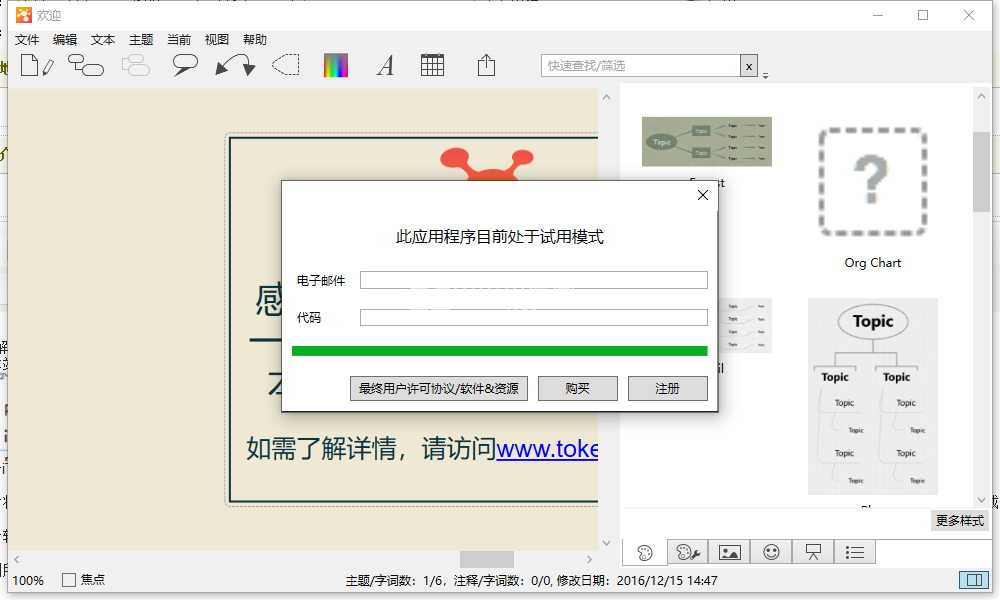


I want a speedy system so I use a Chromebook, which is based on Linux. But I don’t need those for what I do, nor do I want them. I get that Microsoft has to keep thousands of apps, processes, and services in its software for backward compatibility reasons. “Processes in Windows have historically been heavy… Linux processes don’t think about windowing… forking (splitting off a new process) is like 10X it’s an order of magnitude slower ” In fact, a recent video presentation about the Windows Subsystem for Linux by Microsoft’s Scott Hanselman effectively verifies my observation, saying And I don’t think I’m wrong even though I get pushback from some. I’ve often said that “ChromeOS is a lighter platform than Windows” and this is exactly what I mean. The overall experience was much snappier on the Chromebook version as compared to Windows. One came with Windows and one came with ChromeOS. This was a laptop design repurposed to launch with one of two operating systems. Remember the HP Stream / HP Chromebook 11? Put another way: I’ve owned two laptops that were from the same brand and had the exact same hardware. Or you can go hog wild and install tons of apps, packages, and utilities on a computer that costs thousands of dollars due to high-end hardware. It can be configured to be as lean as you need so it runs quickly on minimal hardware.

What matters more to me is that Linux is generally one of the fastest, and most stable, operating systems around. It’s possibly the simplest “Linux desktop” to use: Built with the browser as your main interface and a few native utilities such as Files, Gallery, and the Launcher.Īgain, this point is arguable by the Linux purists and it’s a valid point.

But it runs the Linux kernel and has a graphical user interface along with excellent support for various hardware. And ChromeOS is arguably a Linux desktop platform. Yet there have been quarterly periods where Chromebooks have outsold Macs. And then we have the many flavors, or distros, of Linux. But we keep saying it because Windows owns the lion’s share of desktop computing while MacOS has a smaller but passionate base. So we’ve been hearing “This will be the year of the Linux desktop” every year for at least a decade. ChromeOS is built on Linux and Linux is zippy Here’s my answer to why I use a Chromebook and ChromeOS. And when I report on some of the premium Chromebooks that cost as much as a decent Mac or PC, I routinely hear the question: “ Why spend that much when you can get a Mac or PC for the same price and do so much more?” It’s a great question. But for the majority of my computing these days, I use a Chromebook. Over, and even before, that time, I’ve used Linux, Mac, and PCs. I’ve been using Chromebooks since they first launched, starting with the CR-48 prototype back in 2010.


 0 kommentar(er)
0 kommentar(er)
